During the January-April 2023 period, South Korea significantly increased its steel plate imports from China, from 1.47 million tons to 4.21 million tons. This increase has created a complex environment requiring price negotiations and strategic assessments in the steel and shipbuilding industries.
Thick steel plates are used in shipbuilding, wind energy production and construction. In 2022, South Korea's three largest shipbuilders (including HD Korea Shipbuilding & Offshore Engineering) used approximately 4.3 million tons of thick steel plates. Fluctuations in the prices of these plates have a significant impact on the industry, as they account for more than 20% of shipbuilding costs.
The domestic steel industry has been exposed to increasing competition from low-priced heavy plates, especially from China. While the distribution price of local heavy plates is around 900,000 won (662 USD) per ton, Chinese heavy plates are available at much cheaper prices.
"Price negotiations for steel plates continue intensively. The low prices of Chinese steel plates significantly affect the negotiations," an industry representative said.
The Biden administration announced on May 14 that it would increase tariffs on Chinese steel from 7.5% to 25% starting August 1. This move could lead to the diversion of Chinese steel surplus to other markets such as South Korea. However, since South Korea's steel exports to the USA are limited by quota, the impact of this situation on South Korea may be limited.
South Korean steel companies such as POSCO, Hyundai Steel and Dongkuk Steel are considering filing anti-dumping complaints against Chinese steel products. Meetings with the Ministry of Trade, Industry and Energy raised industry concerns and possible legal action.
"The competitiveness of Chinese steel plates lies in their prices. In the past, Chinese steel plates were avoided due to quality issues, but China's latest technology developments have made them more competitive," said a shipbuilding industry representative.
South Korea's steel and shipbuilding industries will determine their future dynamics depending on the results of ongoing price negotiations and potential anti-dumping measures. Cost management, competitive pressures and strategic responses will impact the resilience and profitability of these sectors.


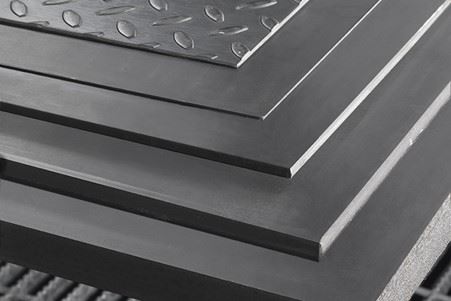
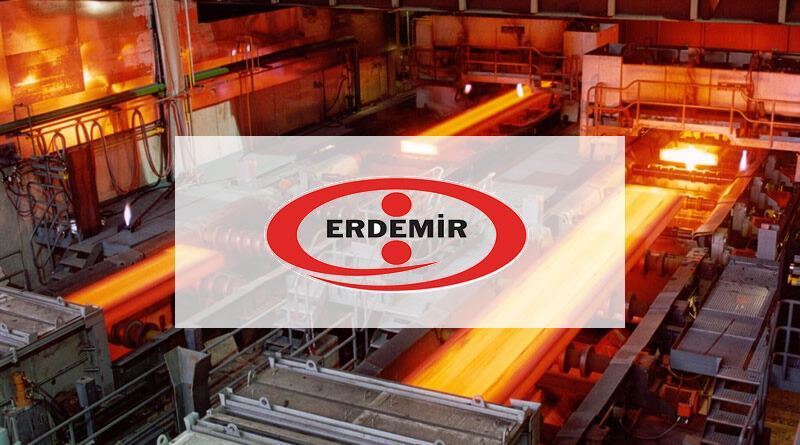
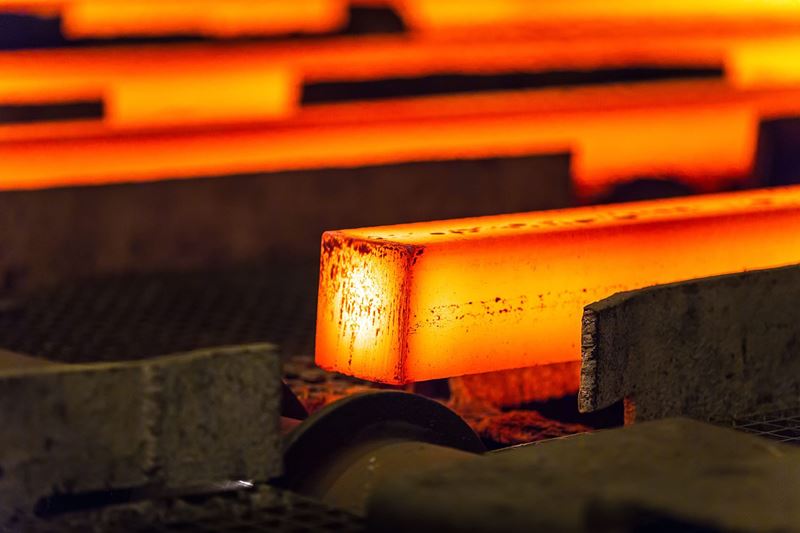
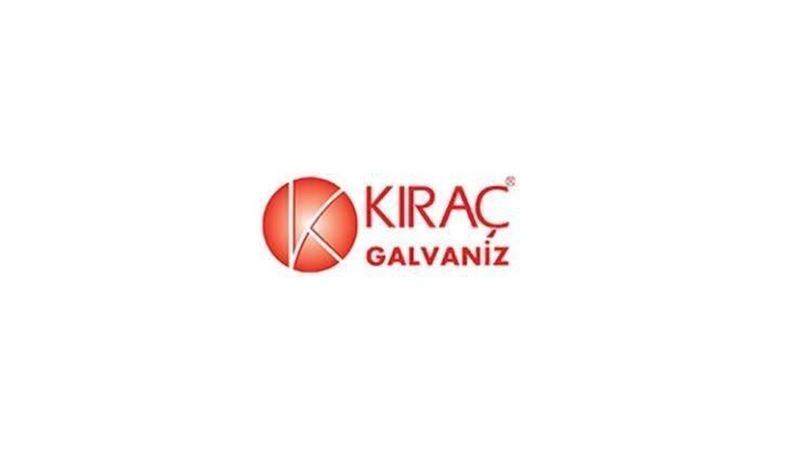
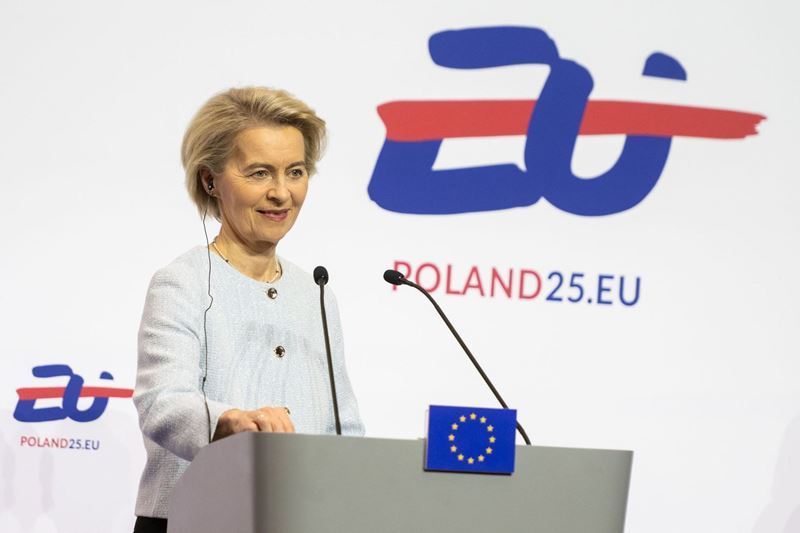
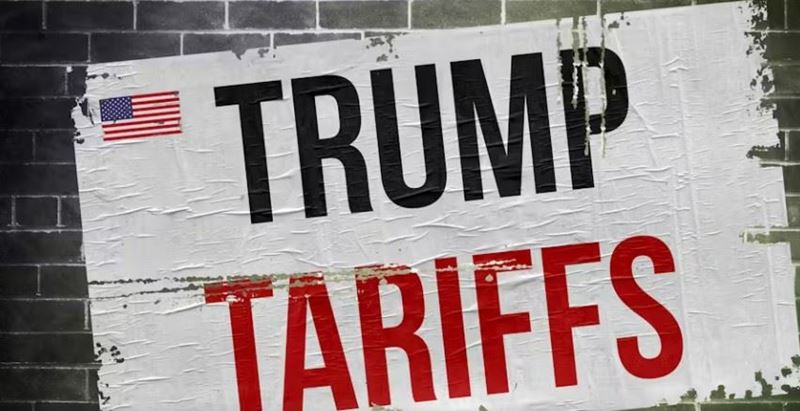

Comments
No comment yet.